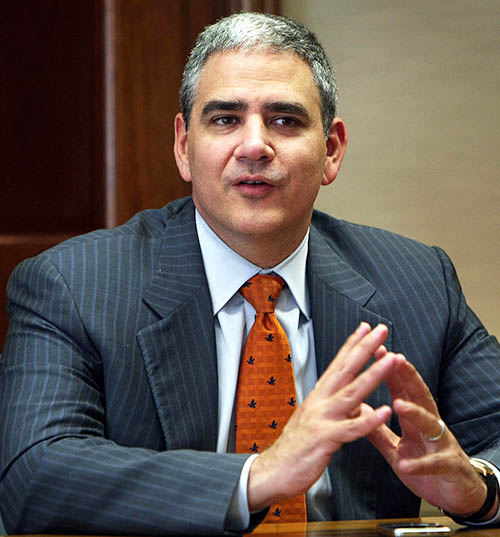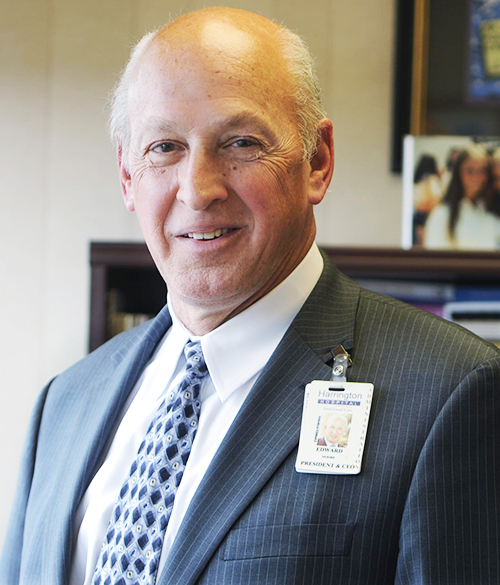Healthcare Companies and Health Systems Continue to Grow Through Mergers and Acquisitions Despite COVID-19 Pandemic
Consolidation of hospitals and health systems means consolidated medical laboratory services as well, and that impacts laboratory revenue and staff
Though COVID-19 shifted many healthcare systems’ priorities in 2020—including quite dramatically altering the priorities of the nation’s clinical laboratories—the SARS-CoV-2 pandemic does not appear to have slowed the pace of healthcare mergers and acquisitions. Many such deals are kept secret until closed by Dec. 31. They are then then announced after Jan. 1, so we may see additional big and surprising healthcare acquisitions announced in coming weeks.
Leaving aside the shock waves brought about by COVID-19, transformational changes to the healthcare community have been underway for a while.
In his article on HealthManagement.org, healthcare consultant Paul D. Vitale, MPA, FACHE, noted that for the past several years, health systems have set records in the mergers and acquisitions space. In 2017, he noted, there were more than 115 deals, and by 2019, there was a series of “mega” mergers, each worth more than $10 billion. The pattern continued in 2020, even with economic concerns brought about by the pandemic.
“According to many health systems, acquiring another organization, or merging with it, holds the key to future success. Faced with intense pressure to cut back on costs, mergers and acquisitions can leverage the economies of scale,” he wrote.
Below are several “deals” that closed in 2020 or are expected to close in 2021.
Atrium Health and Wake Forest Baptist
North Carolina’s Atrium Health and Wake Forest Baptist Health—including the Wake Forest School of Medicine—have completed a merger, Healthcare Finance News reported. The resulting organization will be called Atrium Health and Eugene A. Woods, President and CEO of Atrium Health, will head the combined enterprise.
Pre-merger, Atrium Health’s network included 41 hospitals and 900 care locations, while the Wake Forest Baptist Health system was comprised of 42 hospitals and 1,500 care locations. Plans are underway to build a second campus for the school of medicine, where 3,500 students will be trained in more than 100 specialized programs.

Doctors Acquire a Controlling Stake of Steward Health Care
In June, physicians in Dallas purchased a controlling stake of Steward Health Care through a structured recapitalization transaction. Though not strictly a merger and acquisition, the deal represents a similar transformational change of a health system. The change makes Steward the largest physician-owned-and-operated health system in the country, noted a news release.

Harrington Healthcare System and UMass Memorial Health Care
In January 2020, Harrington Healthcare of Massachusetts announced it was pursuing a corporate affiliation with UMass Memorial Health Care. The transaction was expected to be finalized by 2021.

Will More Announcements Come in 2021? Probably
For clinical laboratory managers and pathologists, the healthcare mergers and acquisitions of greatest interest are those that involve hospitals and health systems. When two big health systems merge—such as the transaction involving Atrium Health and Wake Forest Baptist Health—one of the first clinical services to undergo rationalization and consolidation is the clinical laboratory. One reason for this is because it is much easier to move more lab test specimens around the system than it is to move patients. So, many healthcare merger and acquisition deals directly affect the medical laboratory professionals employed by the institutions involved in the transaction.
Despite the pandemic—or because of the financial stresses created by it—there continue to be strong buyers and financially-weak sellers. For this reason alone, pathologists and clinical laboratory administrators should expect to see a regular flow of merger or acquisition announcements involving major healthcare organizations during 2021.
—Dava Stewart
Related Information:
Healthcare Mergers and Acquisitions—Making Waves in 2020
Atrium Health and Wake Forest Baptist Health Complete Merger
Team of Steward Doctors Acquire Controlling Stake of Steward Health Care
10 Major Healthcare Merger and Acquisition Deals Announced in 2020



